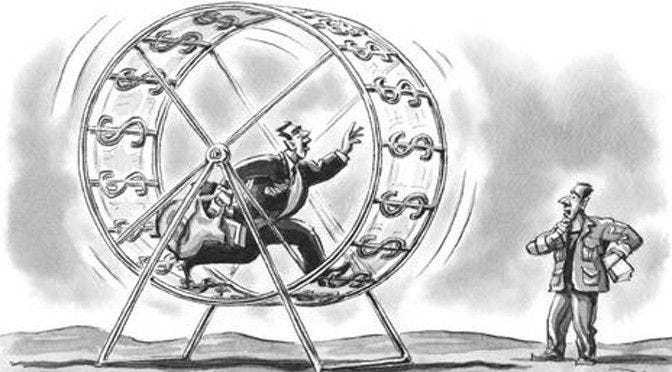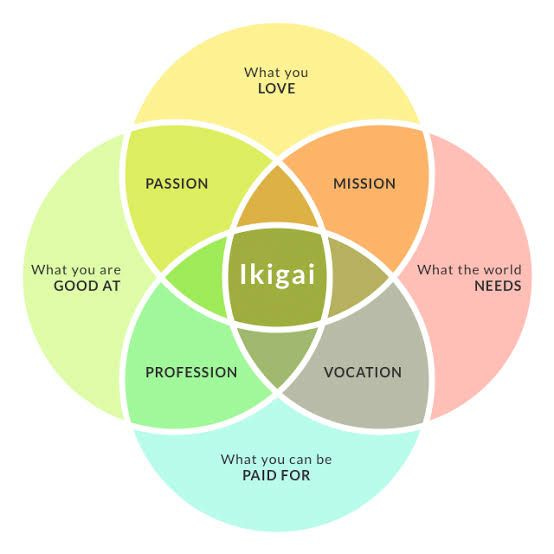Bite
He who fights with monsters might take care lest he thereby become a monster. And if you gaze for long into an abyss, the abyss gazes also into you.
Friedritch Nietzsche - Beyond Good and Evil
Chew
I have been thinking about how life can persist even in the absence of the will to live. As the world gets harder to live in, depression and suicide rates are rising. Yet some people never take that step over the edge both literally and proverbially despite their conviction that they have no reason not to.
Some people say the dividing line between those who jump and those who do not is courage. It takes courage to stay alive, yet it takes courage to give up life and the possibilities the future offers as well. Some say it is cowardice. The coward may choose the easy way out of life, or be too scared to take a decision with such permanent consequences.
I think the answer lies somewhere in the realm of curiosity. It is not bravery of fear that motivates the decision. Rather, those who remain on that precipice are curious about the future. Those who leap into the abyss are curious about nothing at all.
This curiosity leads to a groping around the edge for meaning. Perhaps this is a kind of madness in of itself, but by continuing to live, we know that we are opening ourselves up to possibilities.
Everyone carries out the search for meaning their way. Some start “sniffing at eternal problems like life and death” and get themselves in trouble as Ernest Becker says in the Denial of Death. Others “tranquilise themselves with trivialities” as per Kierkegaard.
Sip #1 - I discuss this in one of my previous letters to you “A remedy for overthinking”.
Our capitalist system has no doubt provided several trivialities to service this desire. Financial success, social status, these tools ensure that we are committed to the eternal rat race of accumulating material wealth. This desire results from “our need to gain self-esteem, deny our mortality, and achieve a heroic self-image” says Sam Keen in his foreword written for Becker’s groundbreaking work.
It is this desire for external gratification that results in the sort of despair that leads one to this dreaded edge.
The obvious solution to this problem is to set goals geared towards the development of the mind and self. To find a higher purpose in the course of our earthly pursuits. One outside of the unending pursuit of money and status.
In my quest for finding purpose and dealing with the despair that comes with living on the edge, two tools have proved effective.
Ikigai
Ikigai is an ancient Japanese concept that means “a reason for being”. It is often referred to as the secret to a long and happy life.
Sip #2 - There is quite literally a book by that title so this is serious business.
If you can find pleasure and satisfaction in what you do, you have found your ikigai. However, on the off-chance that you do not enjoy what you do, here is a surefire way of finding your ikigai; Ask yourself four questions;
What are the things I love doing?
Is it something I am good at?
Is it something the world needs?
Is it something I can get paid for
Our ikigai lies at the intersection of these four sets of things. Whatever fits into all four of these categories is a goal that comprises of our passion, profession, vocation and mission. It is our ikigai. Our reason for being.
Fear-Setting
While Ikigai can help us find fulfilment in the things we do, fear-setting is more focused on saving us from despair resulting from the things we don’t. Fear-setting is a technique developed by Tim Ferris who talks about it in this TED talk. It is as a structured, written down version of the premeditatio malorum, a stoic concept that means the premeditation of evil.
The premeditation of evil proposes that we should imagine all the things that we fear could go wrong in our lives. By having first lived it out mentally, we are better prepared when a negative event manifests in reality. This exercise was popularised by Seneca the Younger as a means to develop resilience in the face of adversity.
With fear-setting, you make a list of undesirable events, and for each one, you set out actions you can take to prevent them. Ideally, using a mix of both techniques will bring about the best results in setting us on the path to purpose.
Sip #3 - Marving Russel has this great checklist to help you get started.
Rehearse them in your mind: exile, torture, war, shipwreck. All the terms of our human lot should be before our eyes.
Seneca the Younger
Donate
Every one of these letters I share with you requires days of writing and rewriting, hours of research and a lifetime’s recollection. It takes a cup of coffee, tons of mobile data for research and a big meal afterwards to pull through. If you love reading Thoughtfood, consider donating to keep it running.
Feeling Spontaneous? Make a donation of any amount.
Has reading Thoughtfood been helpful? Consider making a Monthly Contribution to keep it running.
Partial to bitcoin? Send some.
3LwHKBDU55xQyYH1pQfiSorjEDxp7M7G8E




